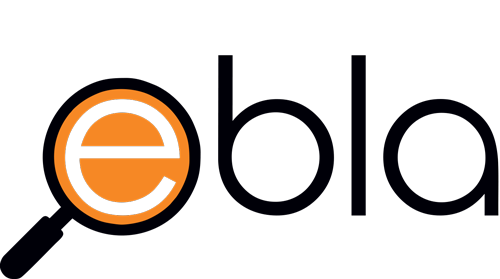Job interviews often involve a series of challenging questions designed to assess a candidate’s suitability for a role and to uncover valuable insights into their skills, experience, and personality. While some questions may be straightforward, others can catch you off guard and require careful consideration and preparation to answer effectively. In this comprehensive guide, we’ll explore strategies for handling tricky interview questions with confidence and grace, empowering you to navigate even the most challenging interview scenarios with ease.
Understanding Tricky Interview Questions
Tricky interview questions are designed to test a candidate’s critical thinking, problem-solving abilities, and ability to handle pressure. These questions may not have a clear-cut answer or may require you to think on your feet and respond quickly. Examples of tricky interview questions include:
- “Tell me about a time when you failed and how you handled it.”
- “What is your greatest weakness?”
- “Where do you see yourself in five years?”
- “Why should we hire you over other candidates?”
- “Describe a situation where you had to deal with a difficult coworker or client.”
While these questions can be intimidating, they also present an opportunity for you to showcase your skills, experiences, and personality in a positive light. With the right approach and preparation, you can tackle tricky interview questions confidently and impress potential employers.
Strategies for Handling Tricky Interview Questions
- Prepare in Advance: Anticipate common tricky interview questions and prepare thoughtful responses in advance. Review the job description, company values, and key requirements for the role to tailor your answers to the specific needs of the organization.
- Use the STAR Method: Structure your responses to behavioral interview questions using the STAR method (Situation, Task, Action, Result). Start by describing the situation or challenge you faced, outline the tasks you needed to complete, explain the actions you took to address the situation, and conclude with the results or outcomes of your actions.
- Highlight Your Strengths: When answering tricky questions such as “What is your greatest weakness?” or “Why should we hire you?”, focus on highlighting your strengths and positive attributes. Frame your weaknesses as areas for growth and improvement, and emphasize how your strengths make you well-suited for the role.
- Be Honest and Authentic: While it’s important to present yourself in the best possible light during an interview, it’s equally important to be honest and authentic in your responses. Avoid exaggerating or fabricating information, and instead focus on providing genuine examples and insights that reflect your true capabilities and experiences.
- Demonstrate Self-Awareness: When discussing challenging situations or weaknesses, demonstrate self-awareness and a willingness to learn and grow. Acknowledge your areas for improvement and explain steps you’ve taken or are taking to address them. Employers value candidates who are self-aware and proactive about their professional development.
- Stay Calm and Composed: If you encounter a tricky question that catches you off guard, take a moment to pause, collect your thoughts, and compose yourself before responding. Avoid rushing or blurting out the first thing that comes to mind. Take a deep breath, gather your thoughts, and respond calmly and confidently.
- Practice Active Listening: Listen carefully to the interviewer’s questions and ask for clarification if needed. Make sure you understand the question before formulating your response. Active listening demonstrates your attention to detail and ensures that you provide relevant and accurate answers.
- Stay Positive and Professional: Maintain a positive and professional demeanor throughout the interview, even when faced with challenging questions. Avoid negative or defensive language, and focus instead on framing your responses in a positive and constructive manner. Remember that how you respond to tricky questions can be just as important as the content of your response.
- Showcase Your Problem-Solving Skills: Many tricky interview questions are designed to assess your problem-solving abilities and critical thinking skills. Use these questions as an opportunity to showcase your ability to think creatively, adapt to new situations, and find effective solutions to complex problems.
- Follow Up with Examples: Whenever possible, support your answers to tricky interview questions with specific examples or anecdotes from your past experiences. Providing concrete examples not only adds credibility to your responses but also helps the interviewer better understand your qualifications and capabilities.
Conclusion
Handling tricky interview questions requires preparation, strategy, and confidence. By anticipating common tricky questions, using the STAR method to structure your responses, highlighting your strengths, and demonstrating self-awareness, you can navigate even the most challenging interview scenarios with ease. Stay calm, composed, and professional, and remember to showcase your problem-solving skills and critical thinking abilities. With practice and preparation, you can tackle tricky interview questions confidently and impress potential employers with your poise and professionalism.

